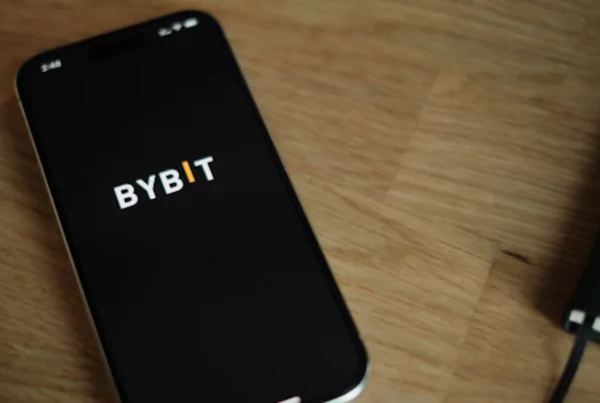
Key takeaways:
- Facebook’s parent company Meta has updated its policy relating to cryptocurrency ads on the social media platform
- The social media giant cited the maturity of the blockchain sector and improved regulatory landscape as the main reasons for the updated ads policy
- Facebook’s recent rebranding to Meta shows the company’s commitment to metaverse and NFT future
On Monday, Meta, the parent company of the social media giant Facebook announced changes to its ads policy pertaining to cryptocurrency products and services. Among a long list of changes, the social media platform has increased the number of regulatory licenses that will from now on be accepted from 3 to 27.
Facebook cites the maturity of the crypto landscape as the main reason for the policy change
After the ICO craze of 2018, Facebook implemented a strict set of rules for crypto businesses that wanted to advertise on its platform. At the time, the social media giant stated that many firms that were advertising their ICOs on the platform were not “operating in good faith,” and decided to use a ‘broad stroke’ method when crafting a new ad policy.
Facebook ultimately settled on allowing crypto businesses that secured licenses within three jurisdictions to advertise on its platform. In 2019, the company started allowing ads related to blockchain technology, industry news, education, or crypto events, without requiring a pre-approval.
Now, the company has expanded its set of rules to include 24 additional regulatory licenses, due to government regulations that have set clearer rules for the industry in recent years. It is worth noting that, according to Facebook’s terms and conditions, crypto tax services, digital wallets, and non-fungible token (NFT) products do not require prior written permission, or an eligible regulatory license when applying for their advertisement slots.
Facebook elaborated on its decision to lift restrictions on crypto ads in the statement:
“We’re doing this because the cryptocurrency landscape has continued to mature and stabilize in recent years and has seen more government regulations that are setting clearer rules for their industry.”
The company believes that these changes will help a large number of advertisers, particularly small businesses in the crypto sector, that have previously had a hard time running their ads on the platform due to the difficulty of obtaining a regulatory license in one of the eligible jurisdictions.
It is worth noting that Facebook is the biggest social media platform among US adults, and by a large margin at that. According to the Pew Research Center, nearly 70% of US adults use Facebook.
Facebook is following in the footsteps of search behemoth Google, which has adopted a new ad policy in June, allowing cryptocurrency exchanges and wallets to advertise in the United States. Similar to Facebook, Google has not changed its stance on initial coin offering (ICO), and non-regulated decentralized applications-related ads.
Facebook’s rebranding to Meta shows its commitment to blockchain technology and its conviction of crypto’s long term success
In the last week of October, Facebook announced the rebranding of its company to Meta and underscored the company’s commitment to metaverse development and a potential shift away from purely social media ventures.
The recent ad policy change goes hand in hand with Facebook’s broader shift to blockchain technology. As a reminder, Facebook has been working on its own version of stablecoin, initially named Libra and later changed to Diem, to facilitate the company’s payment infrastructure.
In addition, Facebook has been developing an NFT supporting Novi cryptocurrency wallet, which will function as a stand-alone app and will also be integrated with major messaging services such as WhatsApp and Messenger apps.
Facebook is far from the only tech giant to embrace blockchain. Earlier today, we’ve reported that digital payment company Square, helmed by a vocal blockchain advocate Jack Dorsey, is changing its name to Block, and thus showcasing its commitment to blockchain technology. Additionally, social media platform Twitter started accepting Bitcoin as payment currency for its tipping feature earlier this year.
Payments giant PayPal, international financial services company Mastercard, and banking mammoths JPMorgan and Wells Fargo are also providing blockchain solutions as a consequence of the rising adoption of crypto among the general public.



